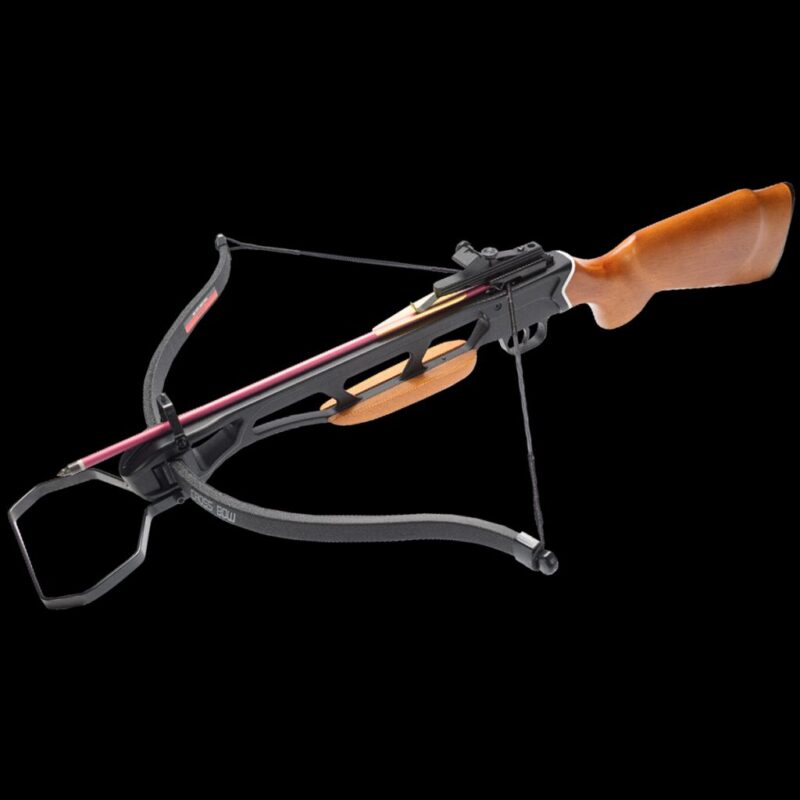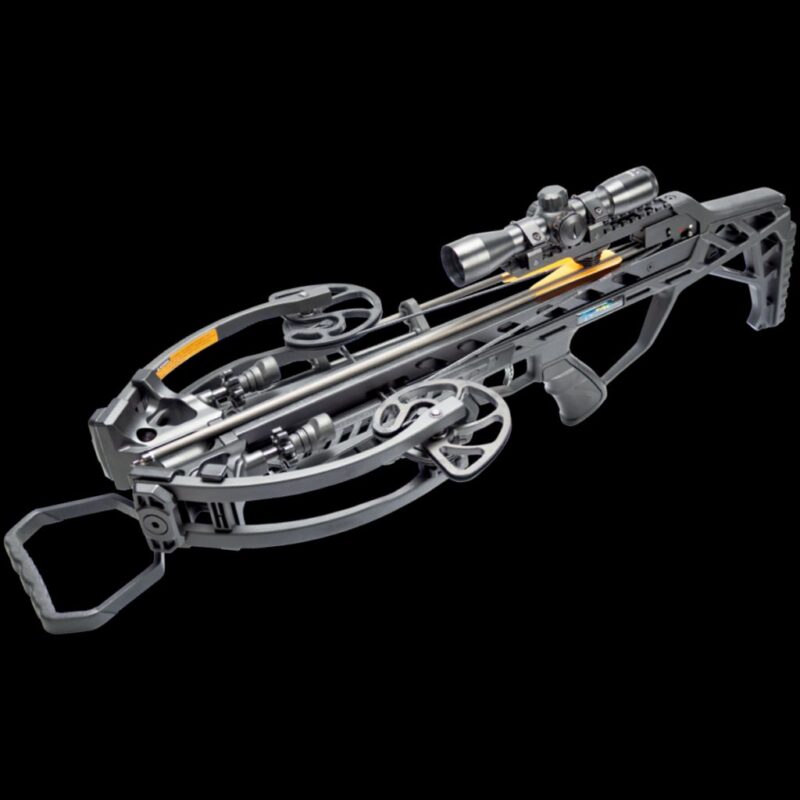Knowledge Base
Compound vs. Recurve Crossbows: Which One is Right for You?
Hello, fellow crossbow enthusiasts! Whether you’re new to the world of crossbows or looking to expand your collection, understanding the differences between compound and recurve crossbows is essential. At Crossbows.co.uk, we’re here to help you navigate these choices and find the perfect crossbow for your needs.
A Quick Introduction to Crossbows
Crossbows have a rich history and have evolved significantly over the years. Today, they are popular for target shooting, competitive sports, and recreational archery in the UK. The two main types you’ll come across are compound crossbows and recurve crossbows. Let’s dive into what sets them apart!
Recurve Crossbows: The Classic Choice
Design and Mechanics
Recurve crossbows are the traditional choice, featuring tips that curve away from the shooter. This design allows for a longer draw length compared to other crossbows, which can translate to more power and speed.
Advantages
- Simplicity: Fewer moving parts make recurve crossbows easier to maintain and repair.
- Lightweight: Generally lighter than compound crossbows, making them easier to handle.
- Quiet Operation: They tend to be quieter when fired, which is great for not disturbing your neighbours!
Considerations
- Size: The limbs are longer, which can make them a bit unwieldy in tight spaces.
- Draw Weight: May require more strength to draw, but that’s all part of the fun, right?
Compound Crossbows: Power and Precision
Design and Mechanics
Compound crossbows use a system of cables and pulleys (cams) to bend the limbs. This design stores more energy and can deliver bolts at higher speeds compared to recurve crossbows.
Advantages
- Powerful: Typically offer higher bolt speeds and kinetic energy.
- Compact Design: Shorter limbs make them easier to manoeuvre.
- Ease of Use: The pulley system reduces the effort needed to draw the string.
Considerations
- Maintenance: More moving parts mean more maintenance and potential for mechanical issues.
- Weight: Can be heavier due to the added components.
- Noise: Generally louder when fired because of the mechanics involved.
Choosing the Right Crossbow for You
Purpose
- Target Shooting: Both recurve and compound crossbows are suitable. If you prefer simplicity and ease of maintenance, a recurve might be your best bet.
- Competitive Archery: A compound crossbow can offer the speed and accuracy needed for competitive settings.
Experience Level
- Beginners: Might prefer a recurve crossbow for its simplicity.
- Advanced Users: Could benefit from the advanced mechanics of a compound crossbow.
Physical Considerations
- Strength: If drawing a heavy weight is a concern, a compound crossbow can make it easier.
- Mobility: For those who prefer a lighter setup, a recurve crossbow is typically lighter.
Legal Considerations in the UK
While crossbows are legal to own in the UK for adults over 18, it’s important to use them responsibly:
- No Hunting: Hunting with a crossbow is illegal in the UK.
- Safety First: Always ensure you’re in a safe environment when shooting.
- Regulations: Familiarise yourself with local laws and regulations regarding crossbow use.
Final Thoughts
Choosing between a compound and a recurve crossbow ultimately comes down to personal preference and intended use. Both types offer unique advantages that cater to different needs and shooting styles.
At Crossbows.co.uk, we’re passionate about helping you find the perfect crossbow. Feel free to reach out to our team with any questions or for personalised recommendations.
Happy shooting!



